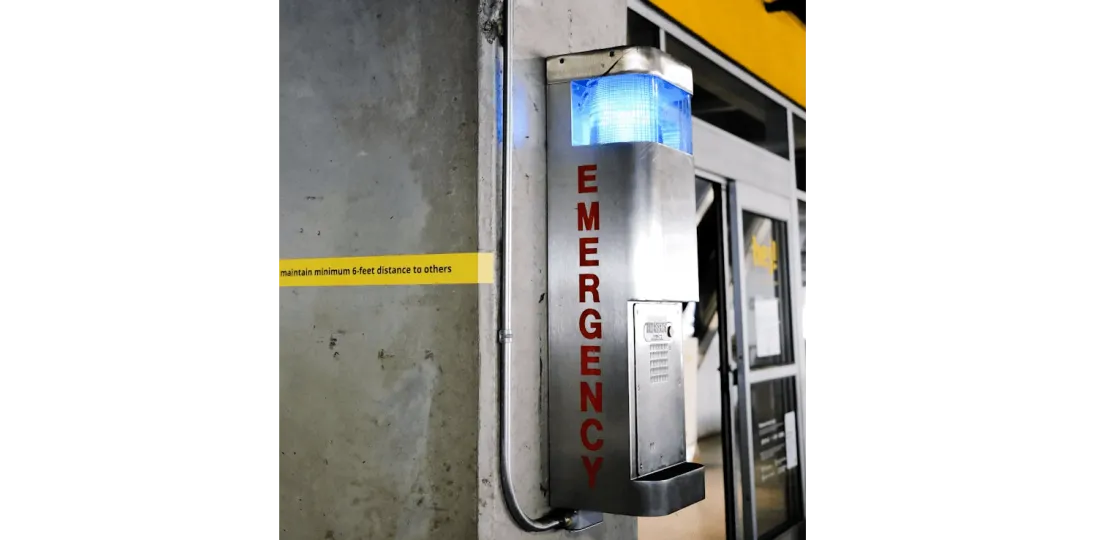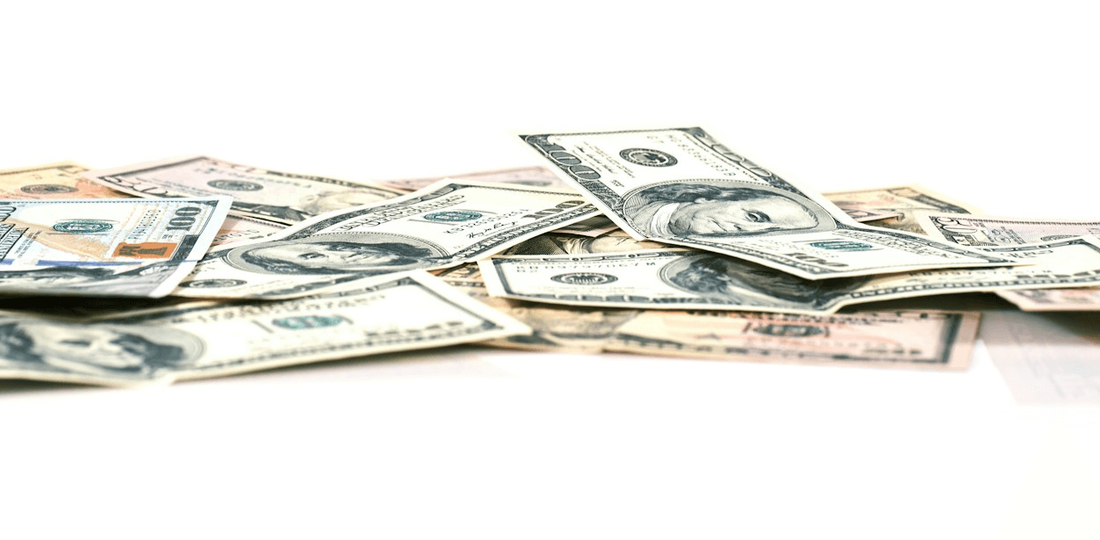Creating an Emergency Fund:
By:
David Rafus
On
08/09/2024Summary:
Creating an emergency fund for your home is a wise financial strategy that can provide peace of mind and stability in times of unexpected challenges. Whether it's a sudden repair, a medical emergency, or a temporary loss of income, having a financial cushion can make all the difference. Let's explore the value of an emergency fund and how it can benefit your household.

Blog post image description


What is an Emergency Fund?
An emergency fund is a stash of money set aside to cover unforeseen expenses or financial emergencies. It's a safety net that ensures you're prepared for life's unexpected events without having to rely on credit cards or loans, which can lead to debt.
Why is an Emergency Fund Important?
Peace of Mind: Knowing you have funds available for emergencies reduces stress and anxiety. You'll sleep better at night knowing you're financially prepared for whatever comes your way.
Avoiding Debt: Without an emergency fund, you might be forced to use credit cards or take out loans to cover unexpected expenses. This can lead to high-interest debt that becomes difficult to manage.
Financial Stability: An emergency fund provides stability by allowing you to handle emergencies without disrupting your regular budget. It ensures that your financial goals remain on track.
Flexibility and Freedom: With a financial cushion, you have the freedom to make decisions without the pressure of immediate financial constraints. Whether it's taking time off work for health reasons or handling a sudden home repair, you have the flexibility to act without financial panic.
How Much Should You Save?
A general rule of thumb is to save three to six months' worth of living expenses. This amount can vary depending on your personal circumstances, such as job stability, family size, and other financial obligations. It's important to assess your situation and determine what amount feels comfortable and secure for you.
Tips for Building Your Emergency Fund
Start Small: Begin with a modest goal, such as $500 or $1,000, and gradually increase it as you can. The key is to start saving regularly, even if it's a small amount.
Automate Savings: Set up automatic transfers from your checking account to your savings account. This ensures consistent contributions without the temptation to spend the money elsewhere.
Cut Unnecessary Expenses: Review your budget and identify areas where you can cut back. Redirect those savings to your emergency fund.
Use Windfalls Wisely: Any unexpected money, such as tax refunds or bonuses, can be a great boost to your emergency fund.









When to Use Your Emergency Fund
It's important to use your emergency fund only for true emergencies. This includes unexpected medical bills, urgent home repairs, or temporary loss of income. Avoid using the fund for non-essential purchases or planned expenses, as this can deplete your savings and leave you vulnerable in a real emergency.
Conclusion
An emergency fund is a crucial component of a healthy financial plan. It offers peace of mind, helps avoid debt, and provides financial stability and flexibility. By prioritizing and building your emergency fund, you're taking a proactive step toward securing your financial future and protecting your home from unexpected financial challenges.
Have you started building your emergency fund yet? If not, what's stopping you? Let's chat about how you can get started!
Subscribe form
Unlock your path to financial success with personalized coaching.
Sign up now to receive expert guidance, tips, and strategies tailored just for you.
